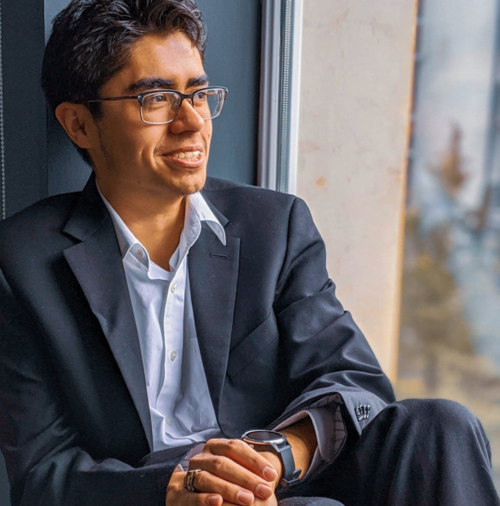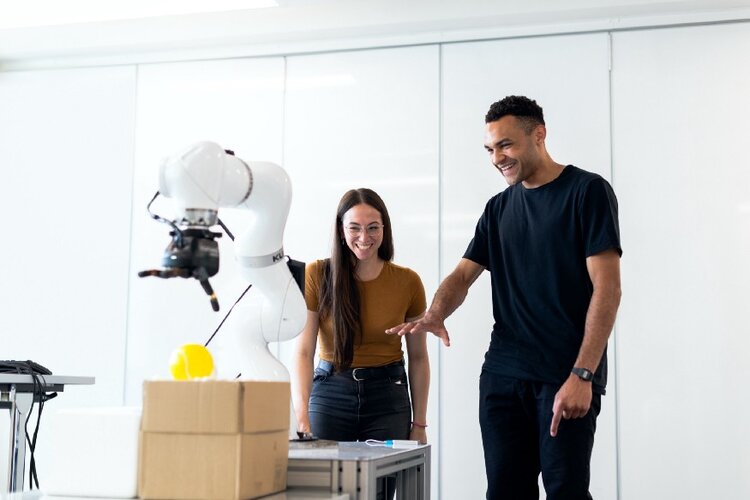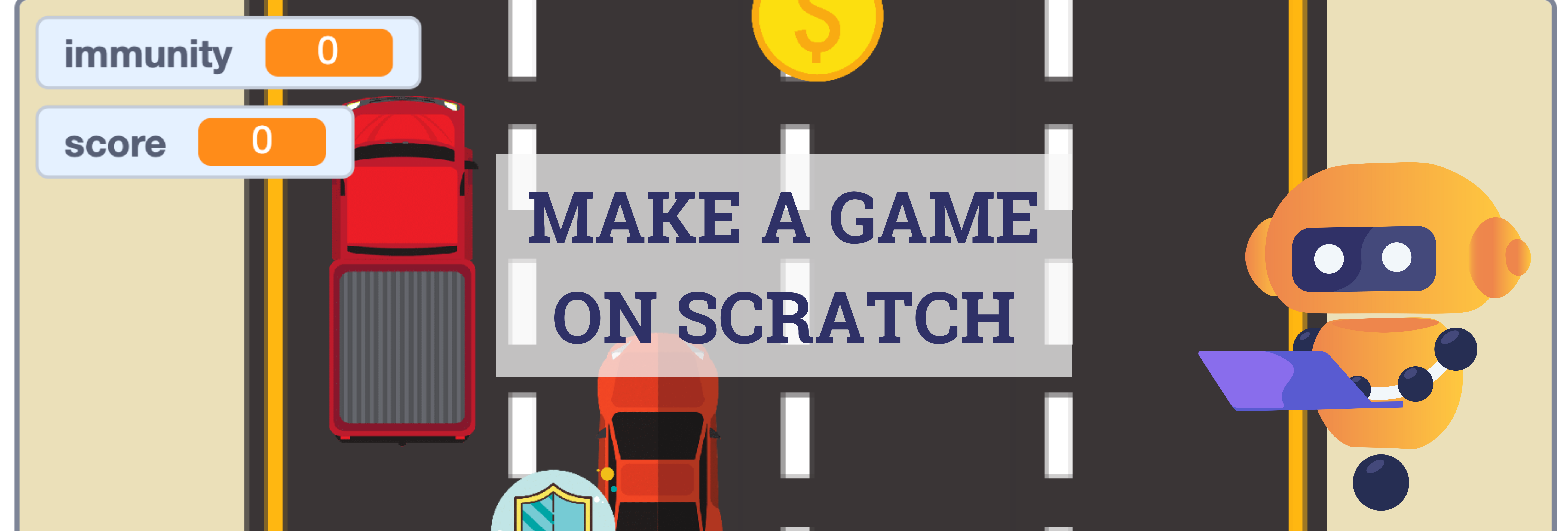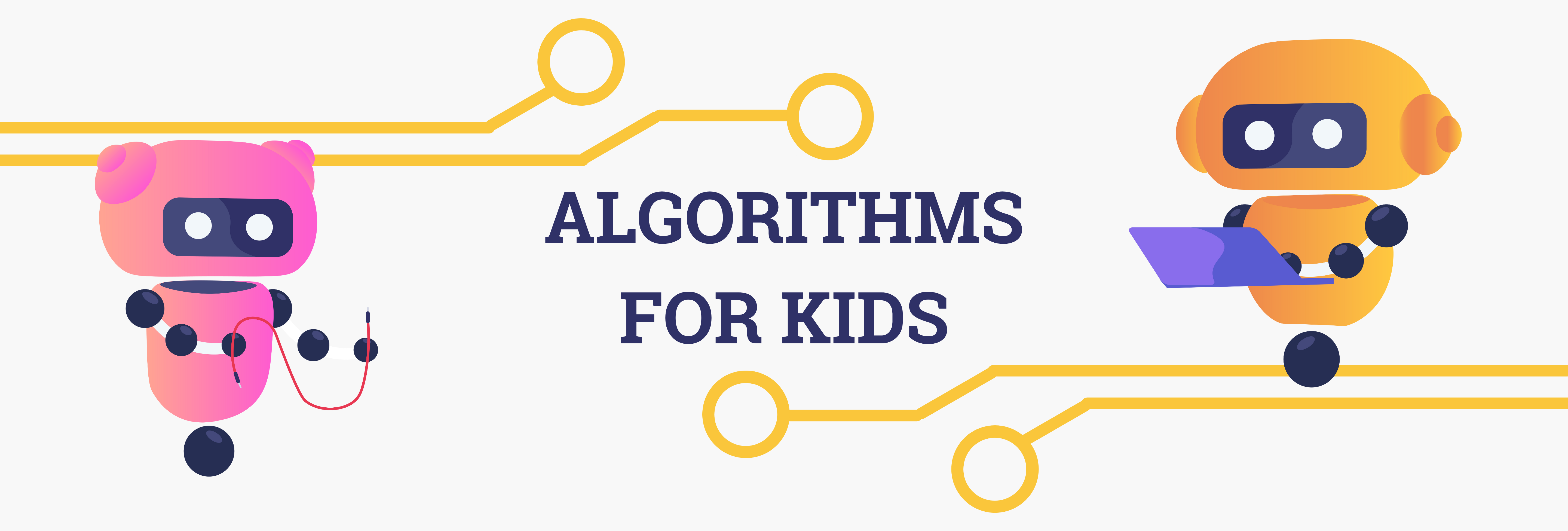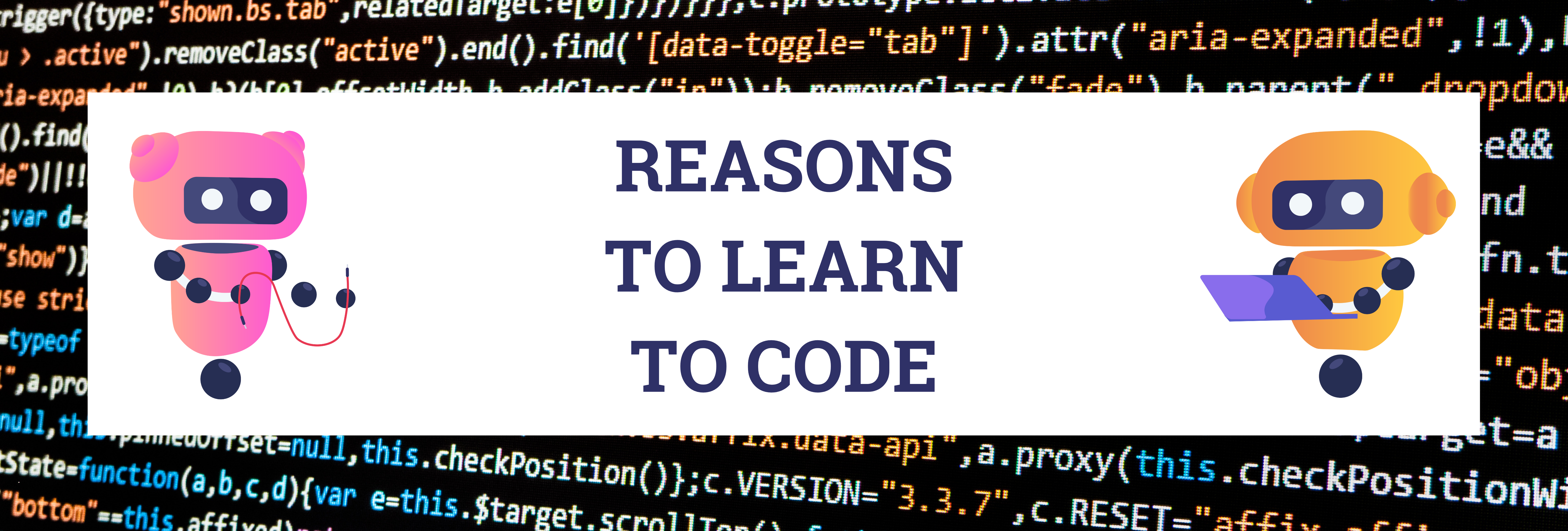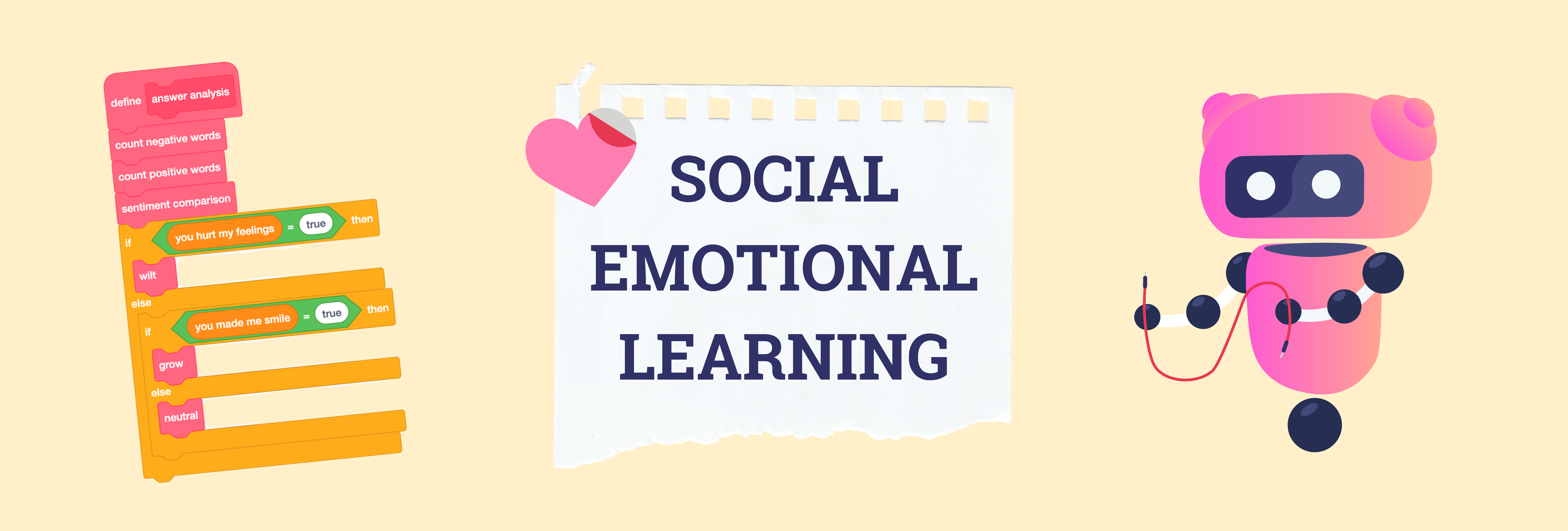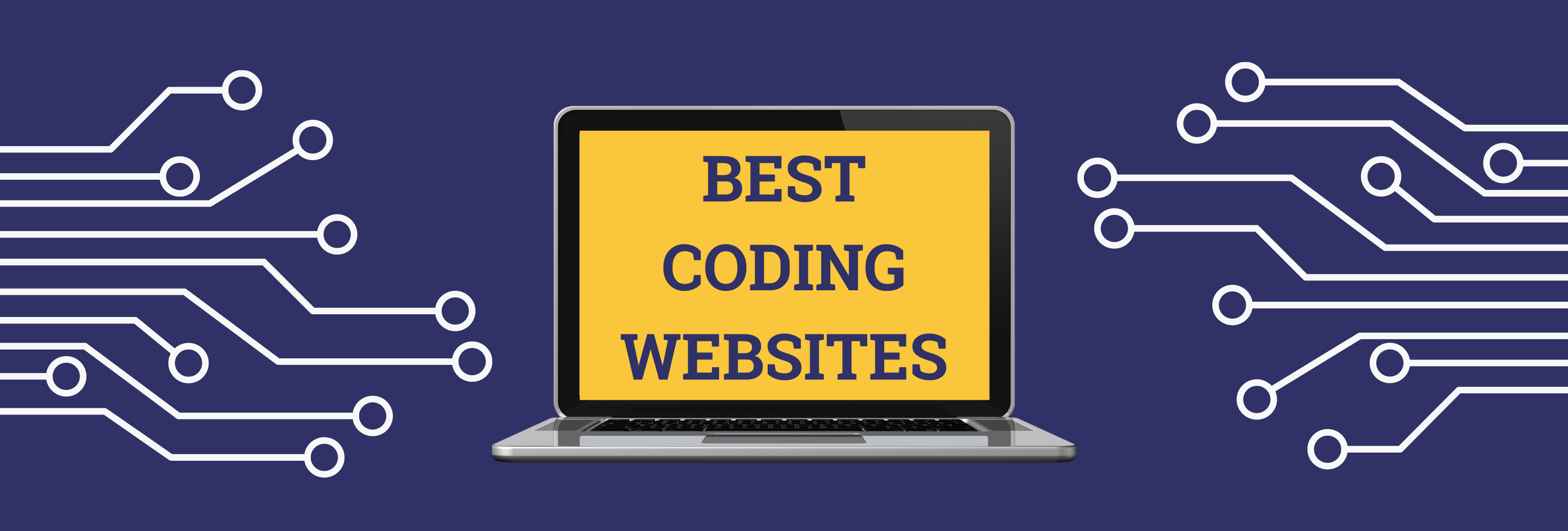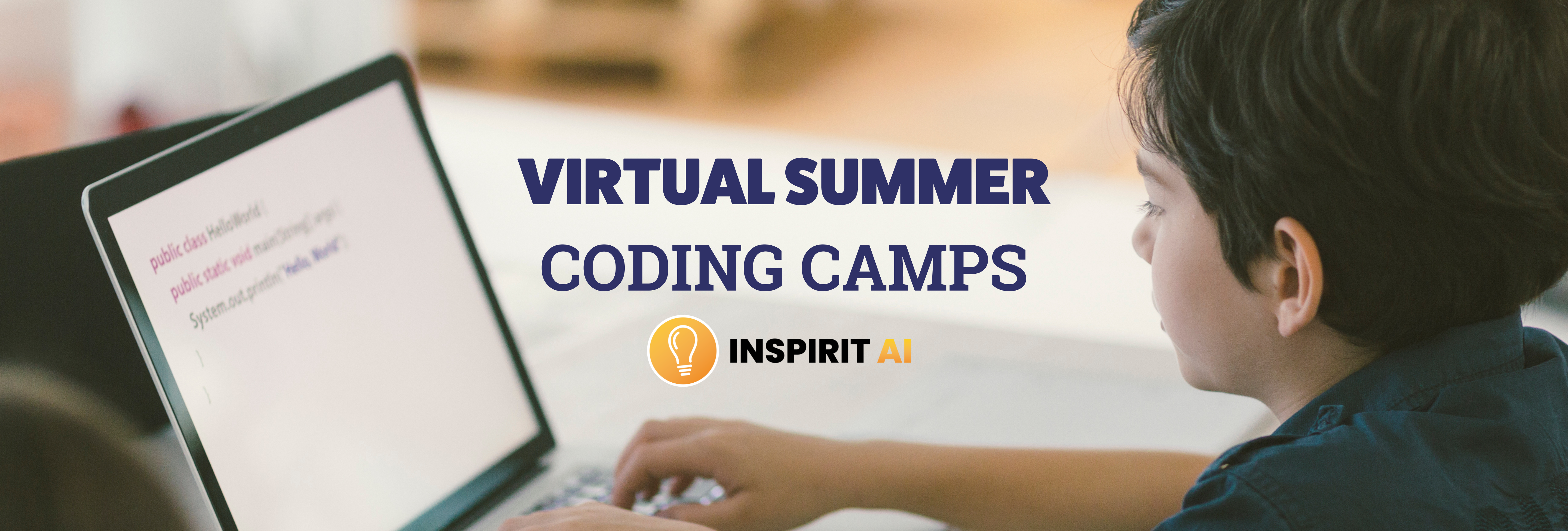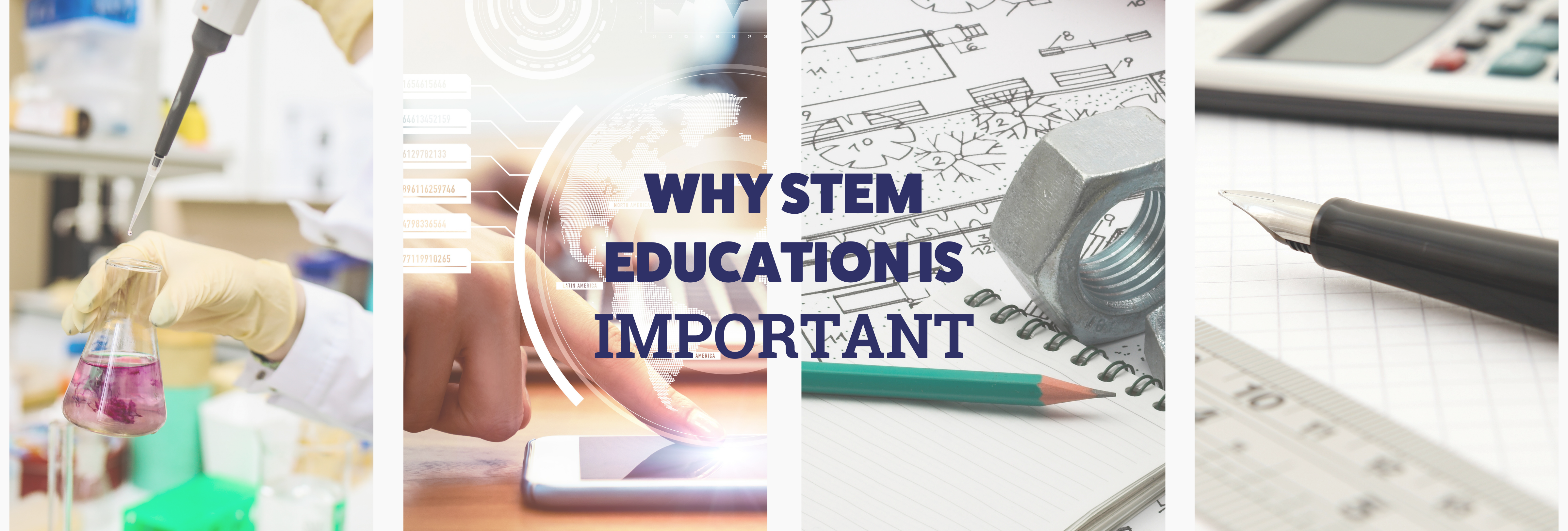AI for Social Good Projects: Sustainable Development Goals and AI Projects
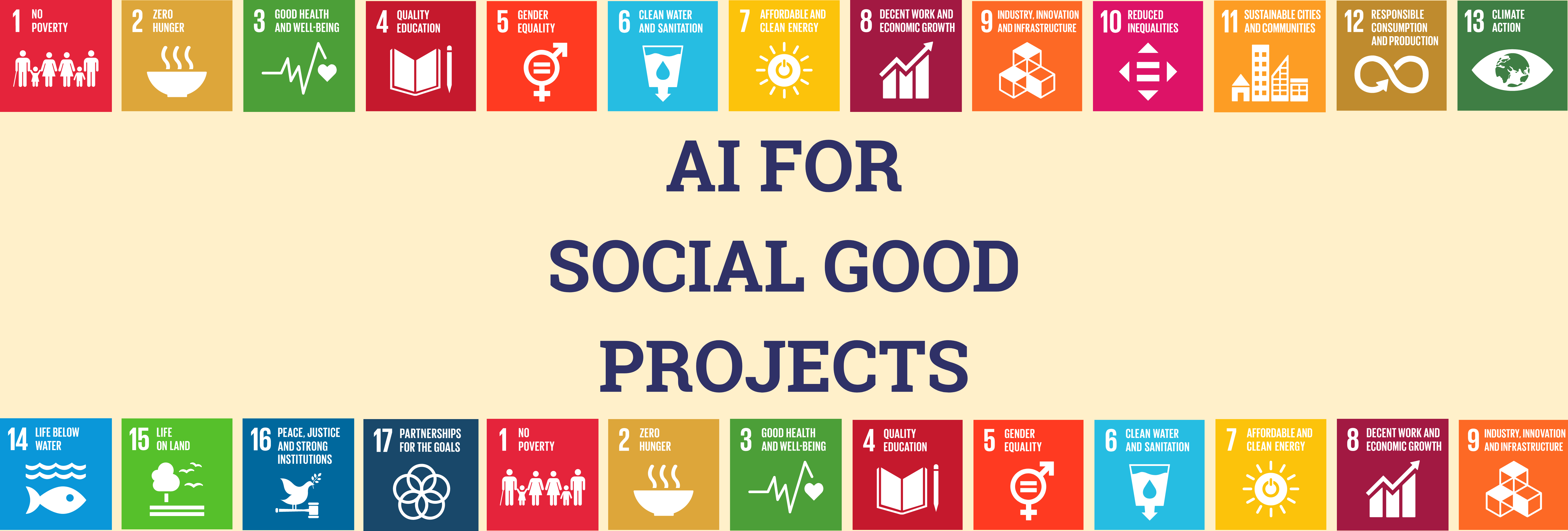
AI for social good projects can help transform our world.
Artificial intelligence (AI) has the potential to help us solve humanitarian and environmental challenges across the globe
While AI alone will not be able to solve all of the world’s problems, this tool can contribute to tackling the challenges that hundreds of millions of people currently face (McKinsey Global Institute).
AI is already helping.
From aiding disaster-relief efforts to diagnosing cancer, AI has clear applications for social good.
For example, at Google, the AI for Social Good team is implementing research, engineering, and initiatives to use AI to address societal challenges:
What if people could predict natural disasters before they happen? Track disease as it spreads, to eliminate it sooner? Or dramatically improve the lives of people with disabilities?
Google is just one example of a group working to implement AI for social good projects.
In this blog post, we will share examples of how AI can be used through a lens of social impact.
In doing so, we will help answer the following questions:
- What is artificial intelligence?
- What problems can AI help solve?
- How can students get involved in AI for social good projects?
What is Artificial Intelligence?
Artificial intelligence, or “AI,” is the ability for a computer to think and learn.
With AI, computers can perform tasks that are typically done by people, including processing language, problem-solving, and learning.
Whether or not you realize it, AI is all around us, and people use this technology every single day.
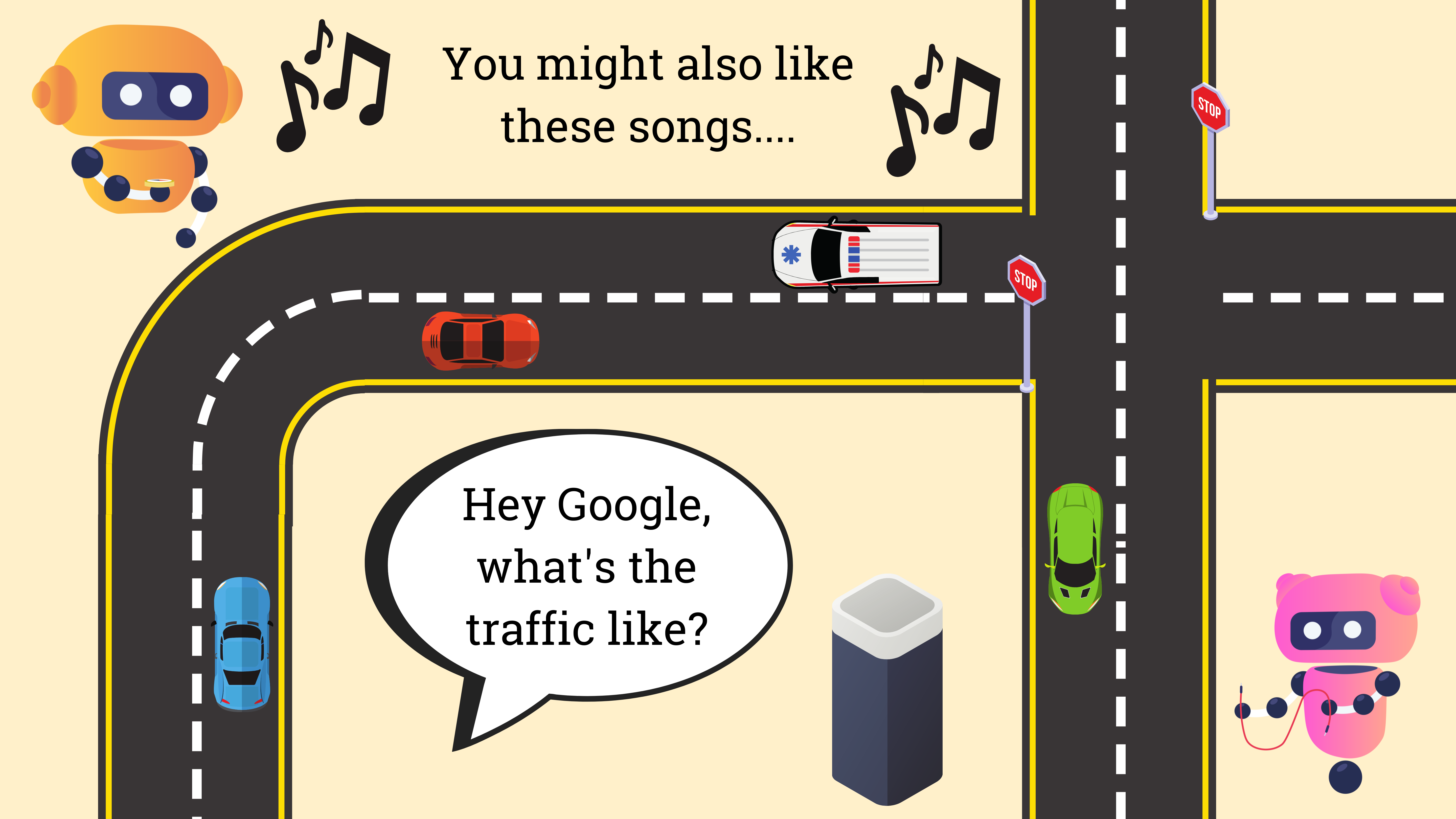
Let’s take a look at some of the most common examples of artificial intelligence:
- Self-Driving Cars: Have you ever seen a self-driving car? What about a self-parking car? Autonomous vehicles are transforming mobility, using sensors to detect their surroundings.
- Virtual Assistants: Hey Siri. OK Google. Alexa. Virtual assistants use natural language processing to respond to your questions and requests.
- Music Recommenders: If you have ever listened to music on an app like Spotify, maybe you have noticed recommendations appear for songs you might like. That’s thanks to AI!
You can learn more about AI in this recent blog post.
What Problems Can AI Help Solve?
Artificial intelligence, much like other new technologies, is a tool.
And while AI is very much a powerful tool, it is not a silver bullet.
AI is part of a greater toolkit that can be used to help solve large-scale problems and meet goals.
With that in mind, what problems can AI help solve?
In 2015, the United Nations General Assembly announced a collection of 17 interlinked global goals, called the Sustainable Development Goals.
The Sustainable Development Goals, or the SDGs, are designed to be a “blueprint to achieve a better and more sustainable future for all” by 2030 (un.org).
These global goals encompass the majority of the world’s most pressing problems, including climate change, poverty, and access to clean water.

Sustainable Development Goals (source: un.org)
These seventeen global goals are deeply interconnected, which is why the UN urges immediate action from all countries – developed and developing.
“A lack of progress on one goal hinders progress on others” (UN Global Compact).
According to research published in 2020 in Nature, a British weekly scientific journal, artificial intelligence is expected to impact environmental outcomes, equality and inclusion, and global productivity.
These AI solutions include:
- Good Health and Well-Being (SDG #3): Disease-detection AI system can be used to diagnose if skin lesions are cancerous.
- Quality Education (SDG #4): Adaptive-learning technology can maximize student achievement by recommending content to students based on their past success (McKinsey).
- Climate Action (SDG #13): AI can be used to efficiently place energy creating sources (like wind, solar, and gas) to combat climate change.
These examples are just the beginning.
As we look to continue to leverage AI for social good projects, we can also educate students about the tool’s positive potential.
How Can Students Get Involved in AI for Social Good Projects?
Quality Education is an SDG, seeking to “ensure inclusive and equitable quality education and promote lifelong learning opportunities for all” (un.org).
Access to high-quality computer science and artificial intelligence education is not yet widespread, despite the growing prominence of AI in future careers.
By learning about AI from an early age, students will be better positioned to apply this tool to improve our world.
At Inspirit AI, we have taught artificial intelligence to thousands of students from over 70 countries through the lens of social good.
We have programs for elementary, middle, and high school students, as well as college-age courses.
Our team believes that AI can apply to almost every discipline from health to art, finance, and more.
During the first half of the program, our students learn AI’s core technologies including applications, foundational concepts, and programming tools through live video classes and collaborative mini-projects.
For the remainder of the program, students then complete a mentor-led AI for social good project where they apply the programming skills developed in Part 1.
Students choose a specific AI for social good project track, including:
- AI + Healthcare: With computer vision, diagnosing patients based on medical scans such as X-rays.
- AI + Sustainability: Using AI to efficiently place energy creating sources (wind, solar, gas) across a country to maximize coverage.
- AI + Mobility: Applying AI to create a safe and synchronized auto pilot system for cars.
- AI + Ethics: Leveraging machine learning to predict returns of portfolios and create optimal combinations of assets.
In addition to our afterschool and summer offerings, we have also taught our courses in K-12 schools across the country, including Khan Lab School, Miami Country Day School, and Pilgrim School in Los Angeles.
Thank You!
Thank you for reading this blog post about AI for social good projects! To learn more about Inspirit AI, you can check out:

Meet our team here.


